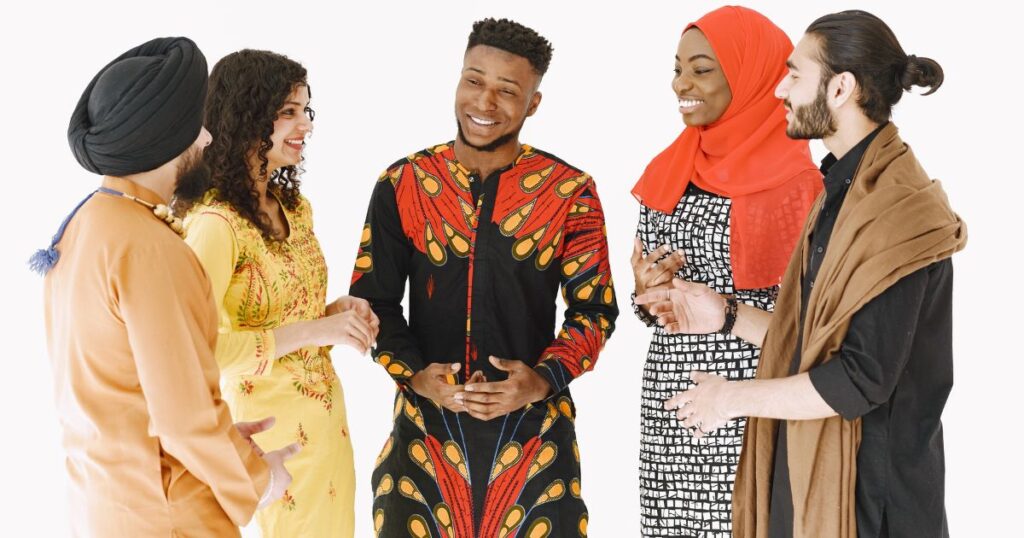
What is cultural competence?
Picture a leader who not only respects but embraces and leverages the rich tapestry of global cultures. This leader exemplifies cultural competence — a critical skill in today’s interconnected world. We live in a time where teams, clients, and stakeholders are increasingly diverse. A leader’s ability to navigate and respect cultural differences is paramount.
This article dives into the essence of cultural competence in leadership and how to develop it effectively.

What is cultural competence?
Cultural competence is the ability to understand, appreciate, and interact with people from cultures or belief systems different from one’s own. It’s akin to a skilled diplomat who navigates different languages and customs with ease and respect.
It means acknowledging cultural differences, fostering an inclusive environment, and using diversity as a strategic advantage.
Why Cultural Competence Matters
In a globalized business environment, leaders often encounter a mosaic of cultures. Misunderstandings arising from cultural differences can lead to communication breakdowns, reduced team cohesion, and missed opportunities.
Conversely, culturally competent leaders are able to build stronger, more diverse teams and connect with a broader range of customers and partners.
A study by Forbes found that companies with diverse management teams had a 19% higher revenue due to innovation.
How to Cultivate Cultural Competence
- Educate Yourself: Learn about different cultures, languages, and worldviews. Knowledge is the first step towards understanding.
- Seek Diverse Experiences: Engage with people from different cultures and backgrounds. Travel, attend cultural events, and participate in diverse groups.
- Practice Active Listening: Listen to understand and learn, not just to respond. Pay attention to non-verbal cues which can vary significantly across cultures.
- Encourage Diversity in Teams: Create teams with diverse members and value the different perspectives they bring.
- Adapt Communication Styles: Be mindful of how cultural contexts influence communication preferences and styles.
Case Studies
Indra Nooyi, PepsiCo
Nooyi’s leadership at PepsiCo was marked by a deep understanding of cultural nuances, which helped the company expand its global footprint effectively.
Ajay Banga, Mastercard
Banga’s focus on cultural inclusivity and understanding has been pivotal in Mastercard’s expansion and success in diverse markets worldwide.
Cultural competence is no longer optional; it’s a necessity for effective leadership in the 21st century. The ability to understand and embrace cultural diversity is a key differentiator for leaders.
The richness of your leadership is measured also by the depth of your cultural understanding. Embracing cultural competence is about building a more understanding and collaborative world.
[…] What is Cultural Competence? […]